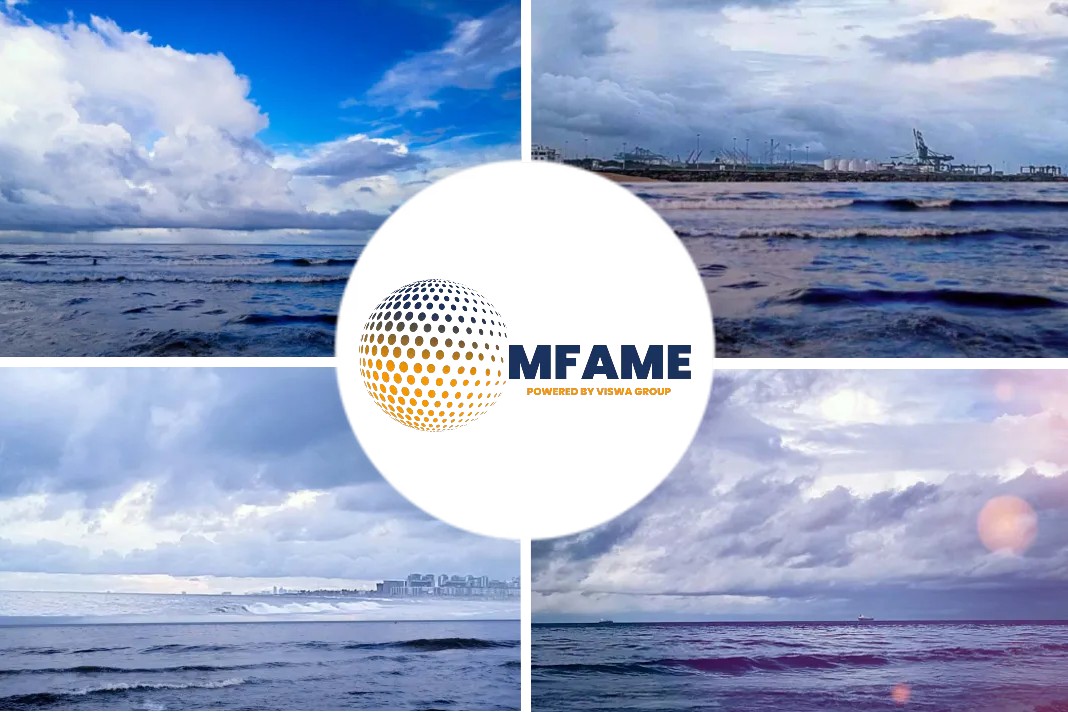
The old London industry of ship insurance may not receive much notice when it comes to illegal fishing. Yet, a recent complaint alleges that when fishing vessels “go black” at sea by turning off their required satellite tracking equipment, the insurance business in the UK capital is partially to blame, as reported by The Guardian.
Seafarers’ life at risk
In a filing to City of London watchdogs, the ocean conservation charity Blue Marine Foundation has argued that EU-flagged vessels operating in the Indian Ocean that go dark are in likely breach of the international, flag state and coastal state law and that the UK insurance industry is “enabling” them by continuing to provide cover, thereby putting seafarers’ lives at risk.
The complaint, made to the Financial Conduct Authority and the Prudential Regulatory Authority, is based on an analysis of what the charity calls “highly inconsistent” use of AIS (Automatic Identification Systems) by 46 EU fishing vessels over four years, mostly owned by Spanish and French companies.
It pointed the finger at three British firms – the Britannia Steam Ship Insurance Association Ltd, British Marine and MS Amlin – for insuring the vessels despite the AIS problems.
A ship’s AIS tracks its location, acting as a safety and navigational aid that, in part, helps captains avoid collisions at sea.
Turning off this system for long periods puts the lives of crew at risk and raises transparency concerns, the charity said.
It said that while there is no suggestion the vessels studied were engaged in illegal activities, switching off AIS should raise “red flags” with insurers, as it means potential illegal or unauthorised activity, such as fishing in unauthorised areas, could be taking place.
Switching off AIS
The complaint is based on peer-reviewed legal research by Blue Marine, published last month.
The paper, the Illegality of Fishing Vessels Going Dark and Methods of Deterrence, concluded that insurers have a duty to curb illegal behaviour, and suggested insurers enable vessels to “go dark” as a result of weak due diligence.
Legal guidance from Lloyds and the Office of Financial Sanctions Implementation (OFSI) states that gaps in AIS transmission are a “red flag” for insurers, Bunwaree said.
The OFSI guidance recognises legitimate reasons for switching off the AIS, but it also states: “AIS is often intentionally disabled by vessels that seek to obfuscate their whereabouts, and is often practised by vessels seeking to conduct illicit trade.”
Jess Rattle, head of investigations at Blue Marine, said: “We are calling on insurers to look into the AIS histories of vessels and carry out thorough risk assessments before deciding to insure them, and to insert clauses into their contracts that mandate the responsible and consistent use of AIS.”
Risk assessments
These risk assessments are vital for crew safety and the transparency of fishing fleets operating “out of sight” and exploiting tropical tuna stocks, of which two out of three are currently overfished in the Indian Ocean, she said.
The EU is the largest harvester of overfished yellowfin tuna in the region.
A report by Blue Marine and the intelligence company OceanMind found that, between January 2021 and August 2022, EU-owned tuna vessels spent more time “dark” than they did transmitting on AIS.
Pablo Trueba, head of intelligence and compliance at OceanMind, said: “Unless you are within or really close to the high-risk area for piracy, every other AIS switch-off is a risk indicator to avoid being observed and it could be to conduct unauthorised activities.”
The complaint to legal regulators argues that by continuing to insure vessels going dark in regions affected by sanctions, insurers are failing to follow industry guidance.
Company insurance
Kevin Shallow, director of underwriting for marine at QBE Europe, British Marine’s parent company, said: “Data has only recently been widely available to the industry in a way that gives detailed oversight and allows a more proactive stance in our response to AIS outage, and to deterring IUU (illegal, unreported and unregulated fishing).”
“In collaboration with stakeholders across the fishing industry, including our own customers, we are working to improve safety and identify those operators that do not meet appropriate standards.
In addition, our policy wordings have been strengthened to enable swift action through the withdrawal of coverage.”
“However, we also have an obligation to act fairly to our customers and we recognise that there may be legitimate reasons the AIS transponder is turned off or is out of range.”
A spokesperson for MS Amlin said it had “clear controls” and “strict underwriting terms” that govern the actions and operations of any vessel the company insures.
Did you subscribe to our newsletter?
It’s free! Click here to subscribe!
Source: The Guardian














